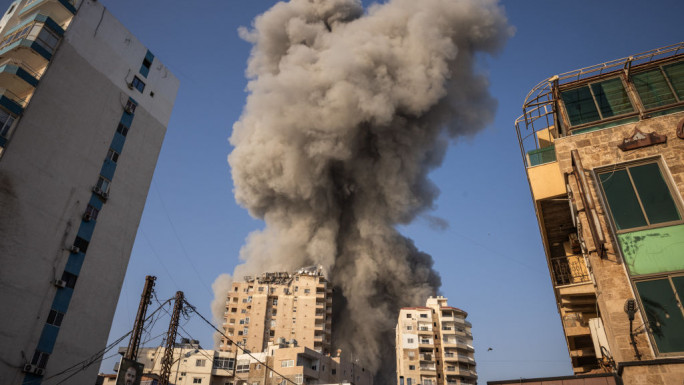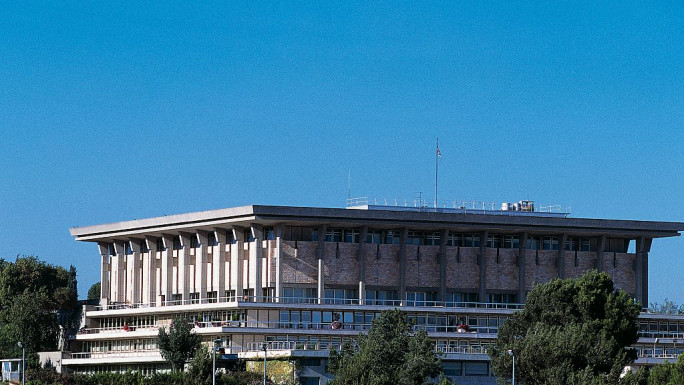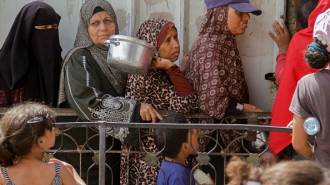US won't 'cut and run' on Afghanistan, envoy vows
Zalmay Khalilzad addressed an audience in Washington on a video link from Qatar where a two-day all-Afghan conference concluded Tuesday with a statement that offered a roadmap for the country's future.
The Washington event was heavily focused on raising the voices of women who fear any peace accord with the Taliban will rollback gains they've made.
"We would like to leave a very positive legacy here," said the US envoy, who was born in Afghanistan.
"We are not cutting and running. We're not looking for a withdrawal agreement. We're looking for a peace agreement. And we're looking for a long-term relationship and partnership with Afghanistan."
|
The Taliban refuses to meet with the current Afghan government, but peace discussions are ongoing.
Khalilzad has held eight rounds of US talks with the Taliban and there have been all-Afghan meetings, including the last one in Qatar, where Afghans from all walks of life met to discuss grievances and find common ground about the future for their nation.
A statement released at the end of the conference said that a post-war Afghanistan would have an Islamic legal system, protect women's rights "within the Islamic framework of Islamic values," and ensure equality for all ethnic groups.
Alice Wells, acting assistant secretary of state for Central and South Asian Affairs, who attended the event at Georgetown University, said no current or future Afghan government should count on international donor support if it "restricts, represses or relegates Afghan women to second-class status".
In his talks with the Taliban, Khalilzad said there has been progress on four fronts: assurances from the Taliban that Afghanistan will not become a staging ground again for militant groups like al-Qaida or the Islamic State group; the withdrawal of US troops, which currently number 14,000; an all-Afghan dialogue to reach agreement on a peaceful future; and a permanent ceasefire to end the fighting.
He wants the US talks with the Taliban to reach fruition by 1 September, which would allow the withdrawal of US and NATO troops from the 18-year war.
From that point on, the many sides of Afghanistan's protracted conflict would enter more difficult negotiations on the country's future.
Roya Rahmani, Afghanistan's first female ambassador to the US, expressed hope for peace, but said there's still no dialogue between the Taliban and the current Afghan government.
She predicted tough periods of negotiation ahead and said whatever deal is made needed to be implemented by a "strong central government".
The talks have created both optimism and anxiety, especially among women.
Ghizaal Haress, assistant professor of law at the American University of Afghanistan who spoke via Skype from Kabul, said the Taliban must guarantee that the rights of women and minorities, which currently are protected in the Afghan constitution, are preserved.
"If we leave it to broad interpretation or to the broad idea of women's 'Islamic values' then we're going to be in trouble as we have experienced it" under Taliban rule in the past, she said.
Follow us on Twitter: @The_NewArab





 Follow the Middle East's top stories in English at The New Arab on Google News
Follow the Middle East's top stories in English at The New Arab on Google News


